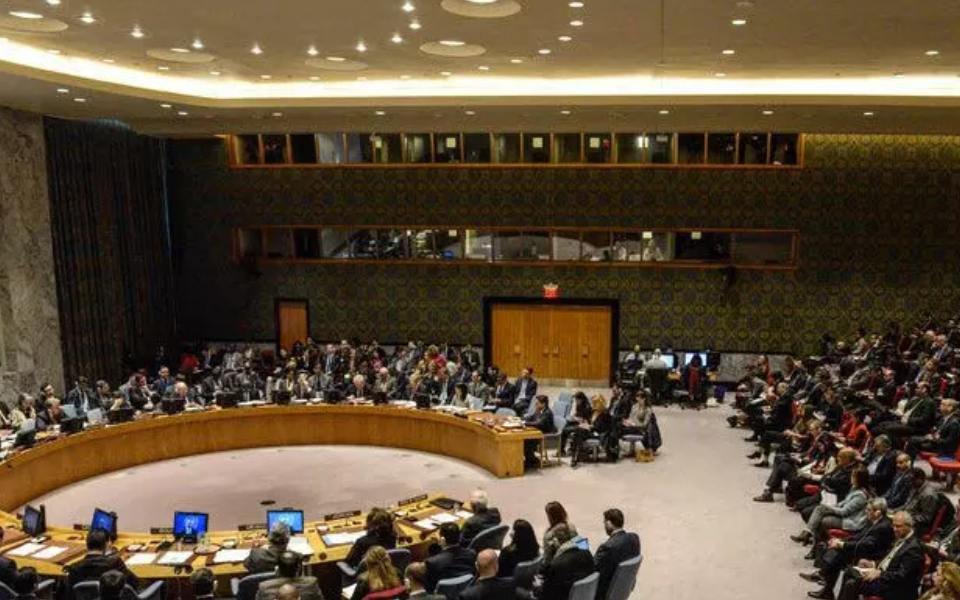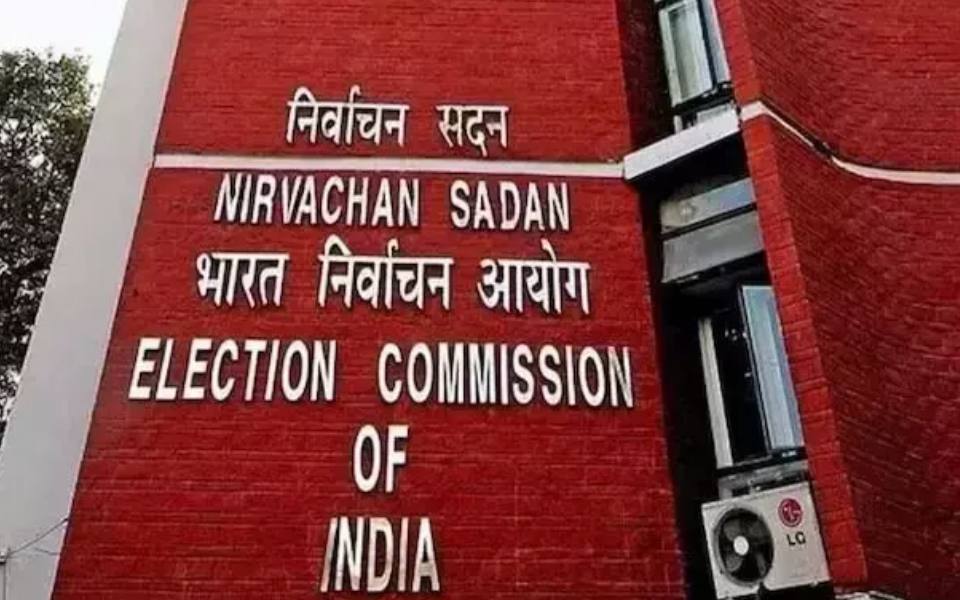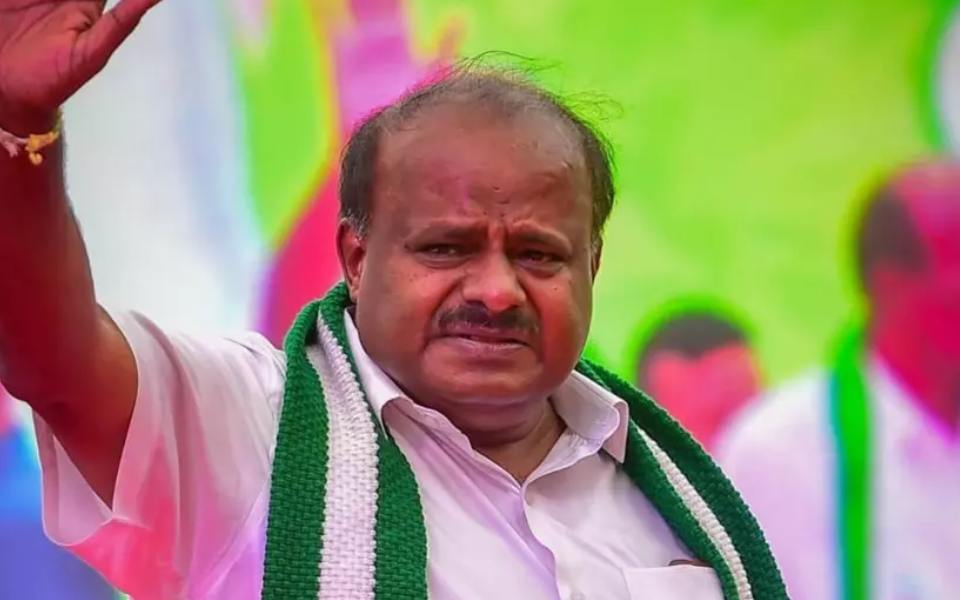In the suicide attack carried out by a terrorist in Pulwama few weeks ago, 40 of our CRPF jawans were killed. We still have not come out of that shock and another incident has been reported from paramilitary camp in Udhampur of Jammu Kashmir on Wednesday night. A CRPF Jawan has shot dead three of his superiors and attempted to kill himself too at the end. It is said that the jawan has a psychological condition that prompted him to do so. Unfortunately our soldiers are causing big damage and killing themselves over complications relating to their mental health. The number of soldiers who kill themselves is higher than the ones that get killed in the warfront, as per a report submitted to the home ministry to the parliamentary committee last year.
In the last six years, more than 700 soldiers have committed suicide in para military troupes in our country. This is the case of paramilitary such as CRPF. But the situation is not any different in defence sector either. Last year alone, 80 soldiers have committed suicide including 8 from navy, and 16 from Army. In 2017, 75 soldiers had committed suicide and 104 had killed themselves in 2016. As per defence ministry data, about 348 soldiers have ended lives between 2014-17 while on duty.
Unfortunately our BSF, CRPF, CAPF, ITBP, SSB and other security agencies lose more men to suicide than in operations. Another concerning issue is many recruited soldiers are quitting service midway even before the completion of their term. For instance about 44,000 men left service either by resignation or voluntary retirement between 2009 and 2012. This has raised some serious questions about internal aspects of our armed forces. Working in such agencies is not the same as working elsewhere. Those men carry the responsibility of the entire nation on their shoulders. It is the responsibility of every citizen to be concerned about their welfare. Every time a soldier kills himself, a possible reason is given. But such issues are not as simple as they seem at the outset.
Senior officers of different defence forces have conducted a study into the matter and have found a few reasons that led the soldiers into such extreme steps. For example: people serving in security forces have to stay far from their families and friends. A normal jawan spends 25 years of his 30 year service period on the line of duty. He gets less than five years to be with his family. To reach home during their month-long holiday takes many days if they hail from remote parts of India. In the next few days, he has to again return to his workplace. Weather is too adverse in places like North East and Kashmir. Mind and body both undergo a lot of uncertainties when serving in such areas.
Jawans and those working under their category do not get any better facilities as the higher officers do. Many people in these forces have a lot of simmering discontentment regarding this. Repeated transfers lead to mental stress. Jawans are angry about the lowly comments and mental torture they have to hear from their seniors. They hate doing personal tasks for their seniors. Promotion hardly comes by and even if a jawan is most diligent, he has to wait at least for 15-20 years till he is promoted. This leads to major feeling of discontentment.
The limitations within security forces are the reason why jawans are subjected to harassment. Government and senior officers have taken up a few reconciliatory steps to fix this disparity. Services of mental health professionals has been sought to address many issues during times when they leave on holiday, come back from home and at the time of their joining. This gives them some solace. Uniforms and food has been improved, and family accommodation is being provided to those who are newly married and been posted by the border. Yoga, sports and entertainment opportunities have been increased. But none of these have brought any solace to the soldiers who feel these are just bare compensation.
At the same time, vacant positions across the army are another reason for increased pressure on soldiers. About 61,000 recruitments are awaited. CRPF needs 18,000, BSF needs 11,000, CISF needs 3,182, UTBP needs 5,786, Sashastra Seemabal needs 18,942, Assam Rifles needs 3,840 posts to be filled up. As of now the soldiers have to cover up for those posts too which have been lying vacant. Hence they face additional work pressure. These posts are to be filled on priority. Staff of security agencies are the ones that guard us with their lives. It is the duty of the country to provide them with proper facilities. Our central government, especially the defence ministry has to do the needful since this is the question of India’s safety.
Let the Truth be known. If you read VB and like VB, please be a VB Supporter and Help us deliver the Truth to one and all.
United Nations, Apr 19: The US has vetoed a resolution in the UN Security Council on the latest Palestinian bid to be granted full membership of the United Nations, an outcome lauded by Israel but criticised by Palestine as “unfair, immoral, and unjustified".
The 15-nation Council voted on a draft resolution Thursday that would have recommended to the 193-member UN General Assembly “that the State of Palestine be admitted to membership in the United Nations.”
The resolution got 12 votes in its favour, with Switzerland and the UK abstaining and the US casting its veto.
To be adopted, the draft resolution required at least nine Council members voting in its favour, with no vetoes by any of its five permanent members - China, France, Russia, the United Kingdom and the United States.
Palestinian attempts for recognition as a full member state began in 2011. Palestine is currently a non-member observer state, a status that was granted in November 2012 by the UN General Assembly.
This status allows Palestine to participate in proceedings of the world body but it cannot vote on resolutions. The only other non-member Observer State at the UN is the Holy See, representing the Vatican.
Israel’s Foreign Minister Israel Katz praised the US for vetoing what he called a “shameful proposal.”
“The proposal to recognise a Palestinian state, more than 6 months after the largest massacre of Jews since the Holocaust and after the sexual crimes and other atrocities committed by Hamas terrorists was a reward for terrorism”, Katz wrote on X, after the US veto.
US Ambassador Robert Wood, Alternative Representative for Special Political Affairs, said in the explanation of the vote at the Security Council meeting on Palestinian membership that Washington continues to strongly support a two-state solution.
“It remains the US view that the most expeditious path toward statehood for the Palestinian people is through direct negotiations between Israel and the Palestinian Authority with the support of the United States and other partners,” he said.
“This vote does not reflect opposition to Palestinian statehood, but instead is an acknowledgement that it will only come from direct negotiations between the parties.”
Wood said there are “unresolved questions” as to whether Palestine meets the criteria to be considered a State.
“We have long called on the Palestinian Authority to undertake necessary reforms to help establish the attributes of readiness for statehood and note that Hamas - a terrorist organisation - is currently exerting power and influence in Gaza, an integral part of the state envisioned in this resolution,” he said, adding that “For these reasons, the United States voted “no” on this Security Council resolution.”
Wood noted that since the October 7 attacks last year against Israel by Hamas, US President Joe Biden has been clear that sustainable peace in the region can only be achieved through a two-state solution, with Israel’s security guaranteed.
"There is no other path that guarantees Israel’s security and future as a democratic Jewish state. There is no other path that guarantees Palestinians can live in peace and with dignity in a state of their own. And there is no other path that leads to regional integration between Israel and all its Arab neighbours, including Saudi Arabia,” he said.
The Palestinian Authority President, Mahmoud Abbas, sharply criticised the US veto, saying that it was “unfair, immoral, and unjustified, and defies the will of the international community, which strongly supports the State of Palestine obtaining full membership in the United Nations.”
Riyad Mansour, Permanent Observer of the State of Palestine, said that “our right to self-determination has never once been subject to bargaining or negotiation.
“Our right to self-determination is a natural right, a historic right, a legal right. A right to live in our homeland Palestine as an independent state that is free and that is sovereign. Our right to self-determination is inalienable...,” he said.
Getting emotional and choking up as he made the remarks, Mansour said that a majority of the Council members “have risen to the level of this historic moment” and have stood “on the side of justice, freedom and hope.”
He asserted that Palestine’s admission as a full member of the UN is an “investment in peace.”
On April 2, 2024, Palestine again sent a letter to UN Secretary-General Antonio Guterres requesting that its application for full UN membership be considered again.
For a State to be granted full UN membership, its application must be approved both by the Security Council and the General Assembly, where a two-thirds majority of the members present and voting is required for the State to be admitted as a full member.
Earlier in the day, Guterres, in his remarks to a Council meeting on the Middle East, warned that the region is on a “knife edge”.
“Recent escalations make it even more important to support good-faith efforts to find lasting peace between Israel and a fully independent, viable and sovereign Palestinian state,” Guterres said.
“Failure to make progress towards a two-state solution will only increase volatility and risk for hundreds of millions of people across the region, who will continue to live under the constant threat of violence,” he said.
The UN, citing the Ministry of Health in Gaza, said that between October 7 last year and April 17, at least 33,899 Palestinians have been killed in Gaza and 76,664 Palestinians injured. Over 1,200 Israelis and foreign nationals, including 33 children, have been killed in Israel, the vast majority on October 7.
As of April 17, Israeli authorities estimate that 133 Israelis and foreign nationals remain captive in Gaza, including fatalities whose bodies are withheld.





